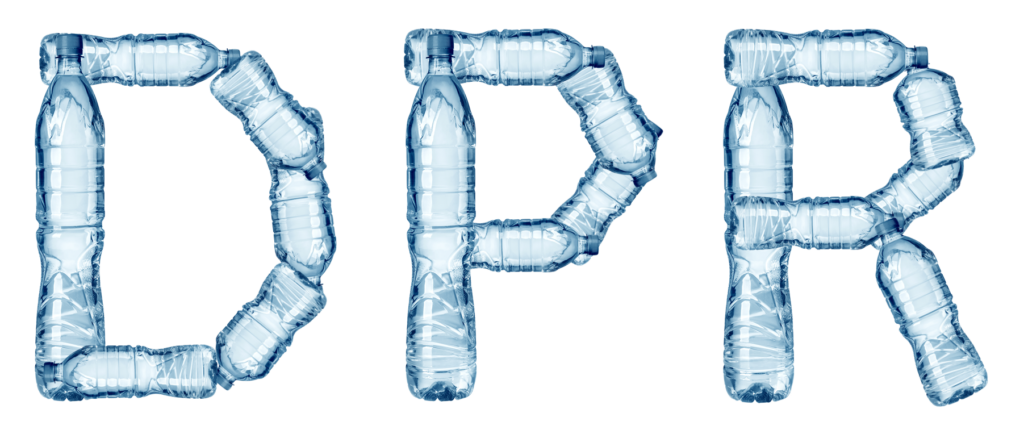In the Netherlands, finally, a deposit return system for small plastic bottles and cans will come into effect on the 1st of July, 2021 respectively 31st of December 31, 2022.

This entails a huge expansion of the current Deposit Return System (DRS) in the Netherlands. “After decades of resistance by industry, this government’s decision is great news in the fight against plastic pollution.
Currently, only plastic bottles larger than 1 liter have a deposit in the Netherlands. On the 1st of July 2021, small bottles (used for water or soft drinks) under 1 liter will come with a deposit amount of 15 euro cents. Each year, 1 billion small plastic bottles are sold in the Netherlands. Between 50 and 100 million of them end up in litter.
The Dutch authorities are also preparing legislation for deposits on beverage cans. There are approximately 2 billion cans in circulation in the Netherlands every year. And according to European Aluminium, about 82% of this is recycled in the Netherlands, or 1.7 billion. The government wants to improve this and announced that a deposit on cans will be introduced as of December 31st , 2022. Also a deposit of 15 euro cents is then charged per can.
The Netherlands is not unique in this aspect and is even a late bloomer.
- Sweden, for example, has had a deposit system for the 1.8 billion cans and plastic bottles that circulate in the country every year.
- Germany has probably the highest recycling rate. They have a DRS since 2003 and a 99% recycling rate.
- Scotland has for example implemented an ‘all-in-DRS’. There is a 20 pence deposit on all beverage packaging from 50 milliliters to three liters. And it does not matter whether the packaging is made of aluminum, steel, glass or PET plastic.
However, by implementing a deposit on small plastic bottles and cans, the Netherlands takes a big step. The Dutch government shows that this is no time to delay or abandon our environmental ambitions. Even in difficult times it’s possible to make good policy decisions that will benefit the economy, society and the environment, rather than bowing to industry attempts to use the pandemic as an excuse for backsliding on popular initiatives.

Let’s drive circularity together!
